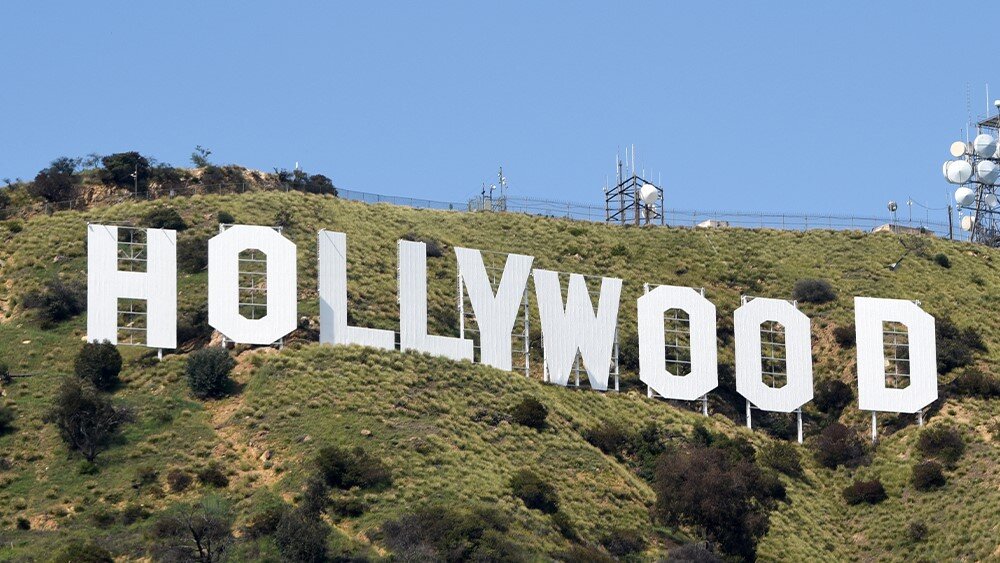How do the Pentagon and the CIA keep Hollywood under their control?

The CIA and the Pentagon are utilizing their power in Hollywood to normalize US military operations abroad, attract more volunteers, and advertise weaponry in movies.
The Los Angeles Times exposes the direct involvement of the Pentagon and the CIA in the Hollywood film industry to justify US military actions across the world in a report by Roger Stahl, a professor of communication studies at the University of Georgia.
Roger Stahl has also directed the documentary Threats of War: How the Pentagon and the CIA took Hollywood. He and his team accessed 30,000 pages of classified Department of Defense internal records under the Freedom of Information Act and discovered that the Department of Defense Entertainment Media Office only gave action filmmakers permission to utilize military equipment and weaponry in exchange for complete script control.
2500 films influenced by the CIA and the Pentagon
It was previously assumed that only a few hundred movies were involved, but after Roger Stahl and his team got access to CIA and Pentagon confidential information, it was discovered that over 2,500 movies and tv shows were involved. According to the documents, some scenes in such movies are banned, including images of war atrocities, torturing, nuclear arsenal security, soldier suicide, sexual harassment, and racial prejudice among soldiers. Also, the CIA and the Pentagon are utilizing their power in Hollywood to normalize US military operations abroad, attract more volunteers, and advertise weaponry in movies.
Furthermore, many movies were unable to receive government funding because the Pentagon disapproved of their subject matter, and so never reached the production stage.
Making a movie in order to join the army
Top Gun, Paramount's first movie, was released after the Vietnam War, at a time when American public opinion was ashamed of the country's actions in Vietnam, and the movie served as a response to that feeling, encouraging more people to join the military. Also, the movie was described by the Department of Defense Entertainment Media Office as "a movie that repaired the skewed image of the US military following the Vietnam War."
According to Roger Stall's report, the Pentagon was also involved in the production of hundreds of other movies, including Godzilla and Fast and Furious 8.
As said by Stahl, the American public has a right to know how much influence the Pentagon has on the production of movies that people pay to see. He believes that publishing the progress of discussions on each script in the media is one method to clarify the issue, and Congress should establish a law requiring filmmakers to declare the amount to which the Pentagon and the CIA are influencing each movie before its release.
He further said that, regardless of the financial advantages of working with the Pentagon, filmmakers could play a key role in clarifying the Pentagon's position in the production of any film and refusing to let them gain control of the scripts.
Leave a Comment